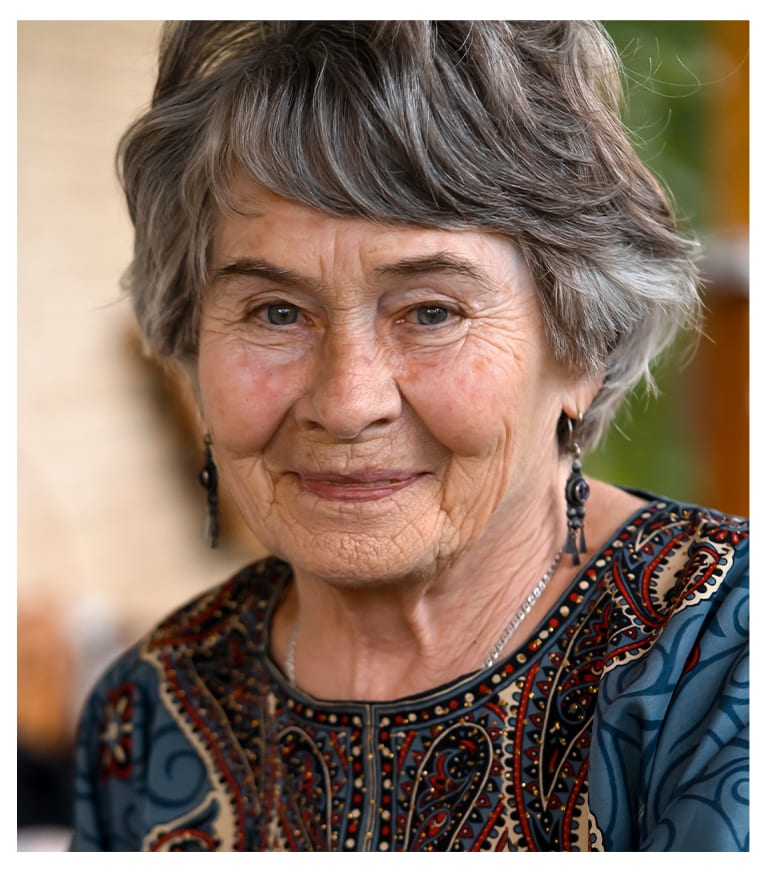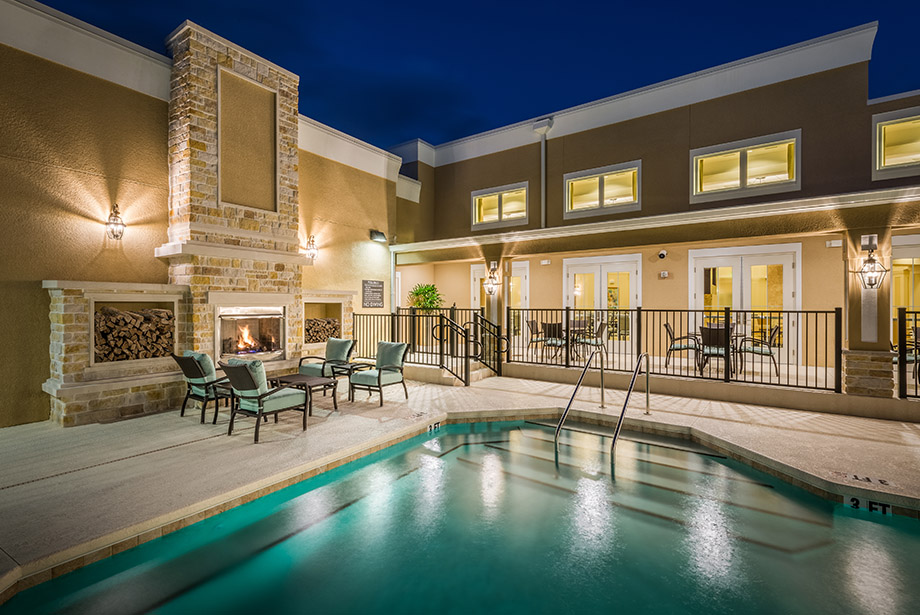Deciding on the most suitable care option for a loved one is a deeply personal and often challenging decision. When faced with the choice between memory care and skilled nursing, caregivers and families should understand the nuances of each, as these 2 options offer different services and levels of care.
Memory care communities cater to individuals with Alzheimer’s and other forms of dementia, providing a safe environment with specialized support, while skilled nursing offers a broader range of medical services for individuals with various complex healthcare needs.
Talking with your loved one and seeking professional advice from their healthcare provider can help you determine which type of community could offer them the best quality of life.
What Is Memory Care?
Memory care is a specialized form of residential long-term care that specifically caters to individuals with Alzheimer’s disease, dementia, and other memory conditions. It provides a safe, structured environment with set routines to lower stress for individuals with Alzheimer’s or dementia. Staff members are trained to understand the unique challenges related to memory loss, offering support and care tailored to those needs.
The Environment of Memory Care Communities
Memory care communities are designed with safety and comfort in mind. The environments often include secure outdoor spaces, easy-to-navigate layouts, and calming decors that help reduce anxiety. Activities are designed to engage residents at different stages of memory loss, focusing on enhancing cognitive skills and maintaining a sense of purpose.
Services & Specialized Care in Memory Care
Residents in memory care communities receive round-the-clock supervised care, which includes assistance with daily activities such as bathing, dressing, and medication management.
Additionally, memory care often includes specialized therapies like music and art therapy, which have been shown to improve mood and cognitive function. The staff-to-resident ratio is typically higher than in other care communities to provide the opportunity for individualized attention.
What Is Skilled Nursing?
Skilled nursing facilities (SNFs) provide 24-hour medical care and assistance with everyday activities. These facilities cater to individuals with various health conditions, not just those with memory issues. Skilled nursing can be an essential component of both short-term rehabilitation and long-term care plans.
The Broader Scope of Skilled Nursing
Unlike memory care, skilled nursing encompasses a wider range of medical services, including post-surgical care, physical therapy, and chronic illness management. It caters to patients who require medical attention that an outpatient or home setting cannot provide.
Skilled nursing facilities are equipped to handle complex medical needs that may include tube feeding, IV therapy, and wound care.
Services & Care in Skilled Nursing
Residents in skilled nursing facilities have access to licensed healthcare professionals, including registered nurses, licensed practical nurses, and certified nursing assistants. These professionals work closely with physicians, physical therapists, and dietitians to provide comprehensive care.
Skilled nursing also includes meal preparation, assistance with activities of daily living (ADLs), and recreational activities that are designed to promote social interaction and physical well-being.
Key Differences
Care Focus
The primary difference between memory care and skilled nursing lies in their focus. Memory care is dedicated solely to patients with memory impairments, providing specialized care and environments to address their unique needs. In contrast, skilled nursing offers a broader spectrum of medical care for a variety of health conditions, beyond just those affecting memory.

Environment & Level of Care
Memory care communities are tailored specifically for safety and familiarity, often featuring secured areas to prevent wandering and providing structure to help residents cope with confusion and agitation. Skilled nursing facilities offer a more medicalized environment with hospital-like rooms and equipment necessary for intensive medical care and rehabilitation.
Staff Expertise
Staff in memory care are trained to manage behaviors associated with dementia and Alzheimer’s disease, using techniques to calm and engage residents. Meanwhile, skilled nursing staff are equipped to deal with a wide array of medical conditions, providing advanced medical care and rehabilitation services.
Choosing the Right Option
When deciding between memory care and skilled nursing, consider the specific needs of your loved one. If they have Alzheimer’s or another form of dementia, and require a highly structured environment with specialized support, memory care might be the better fit.
However, if they have complex medical needs that require ongoing intensive care, a skilled nursing facility could be more appropriate.
It’s wise to consult healthcare professionals who understand your loved one’s medical history and care needs. They can provide insights into what type of care would be most beneficial, helping your loved one receive the support they need to thrive.
Find the Right Fit for Your Loved One
Navigating the complexities of care options can be daunting, but understanding the key differences between memory care and skilled nursing can help simplify the decision-making process. Remember, the goal is to choose a care plan that aligns with your loved one’s specific needs, preferences, and health requirements.
If you’re considering memory care, we invite you to explore Somerby Lake Nona. Our community is dedicated to providing compassionate care in an environment that feels like home. Schedule a visit today to learn more about our approach to memory care and meet our team of dedicated professionals.










